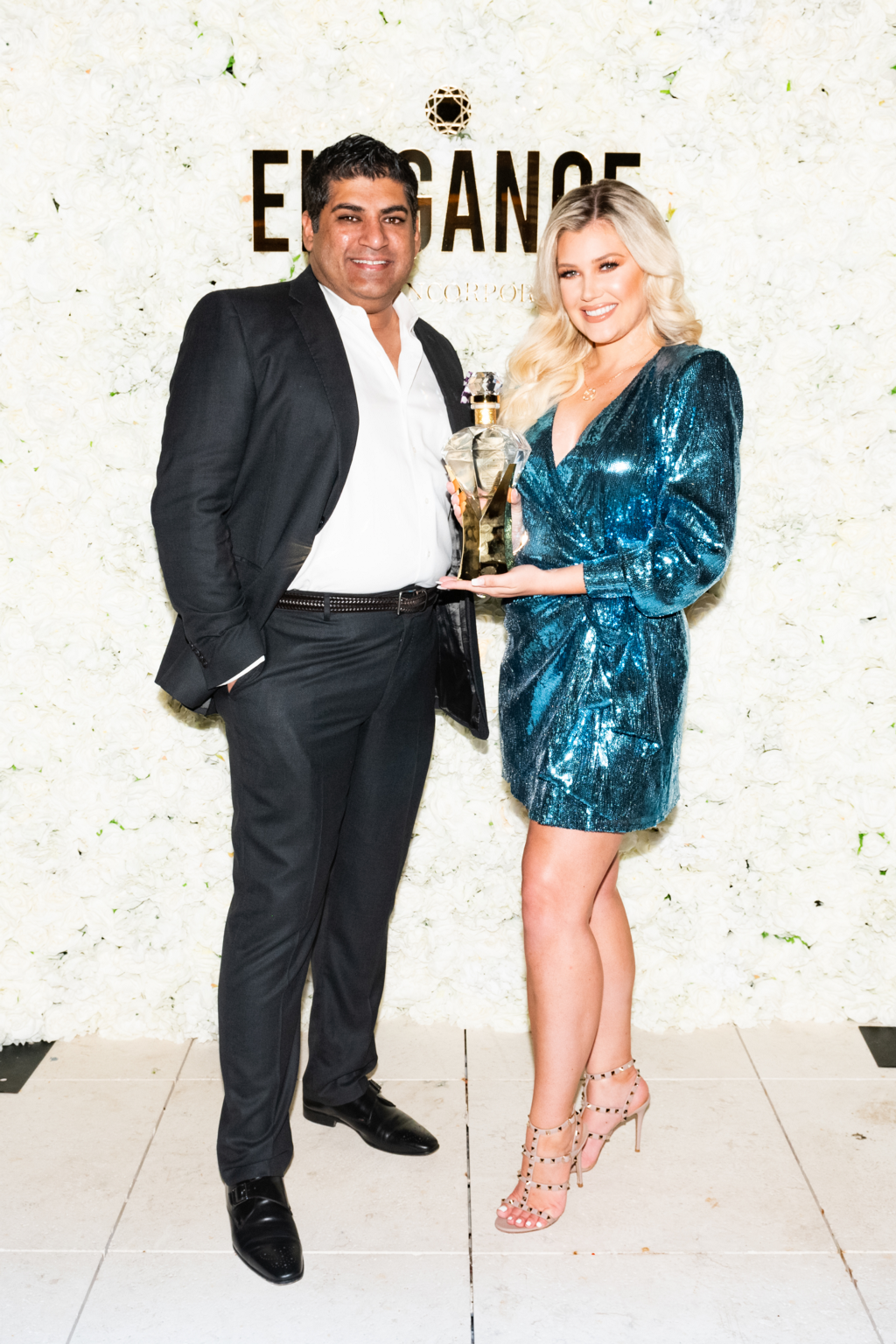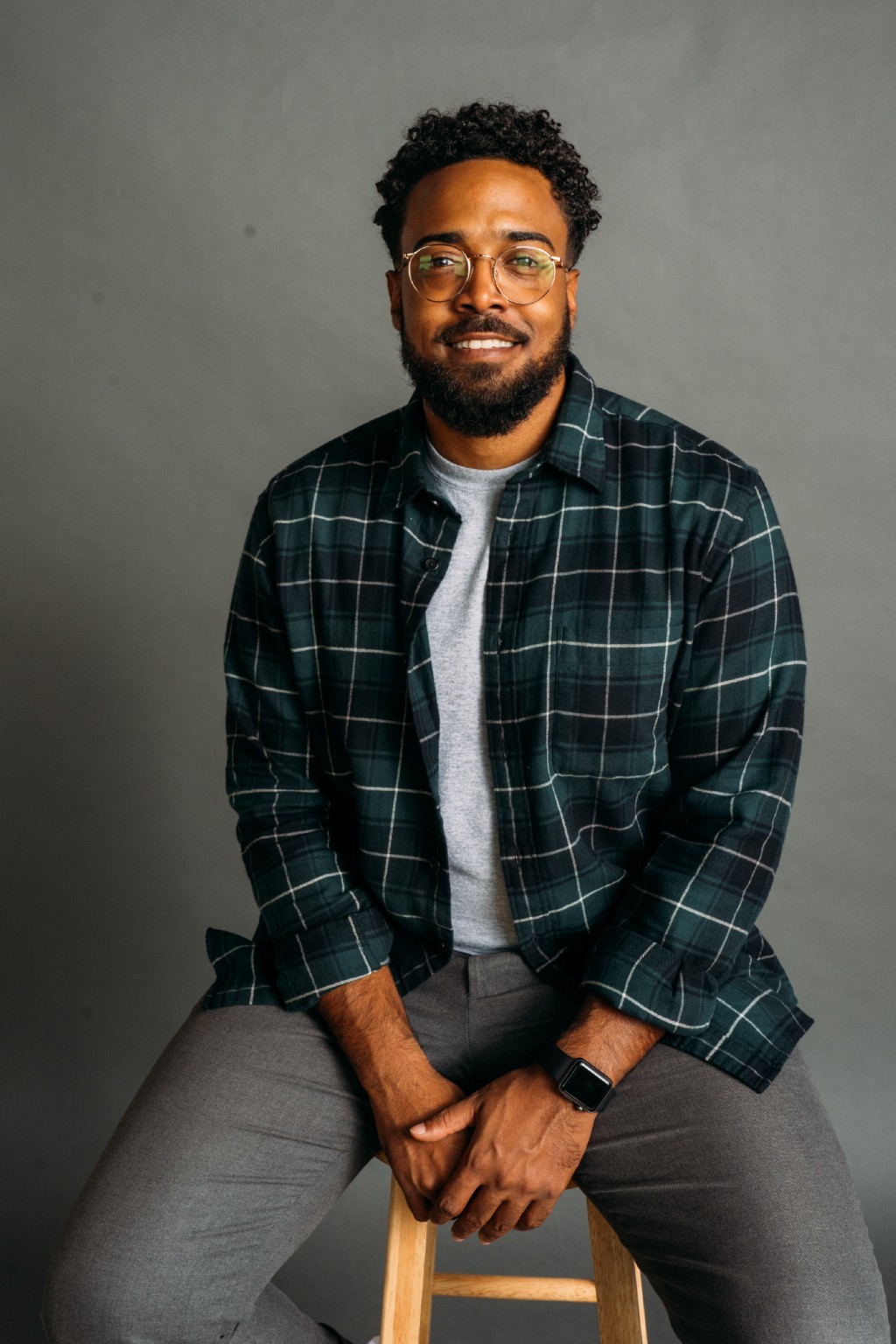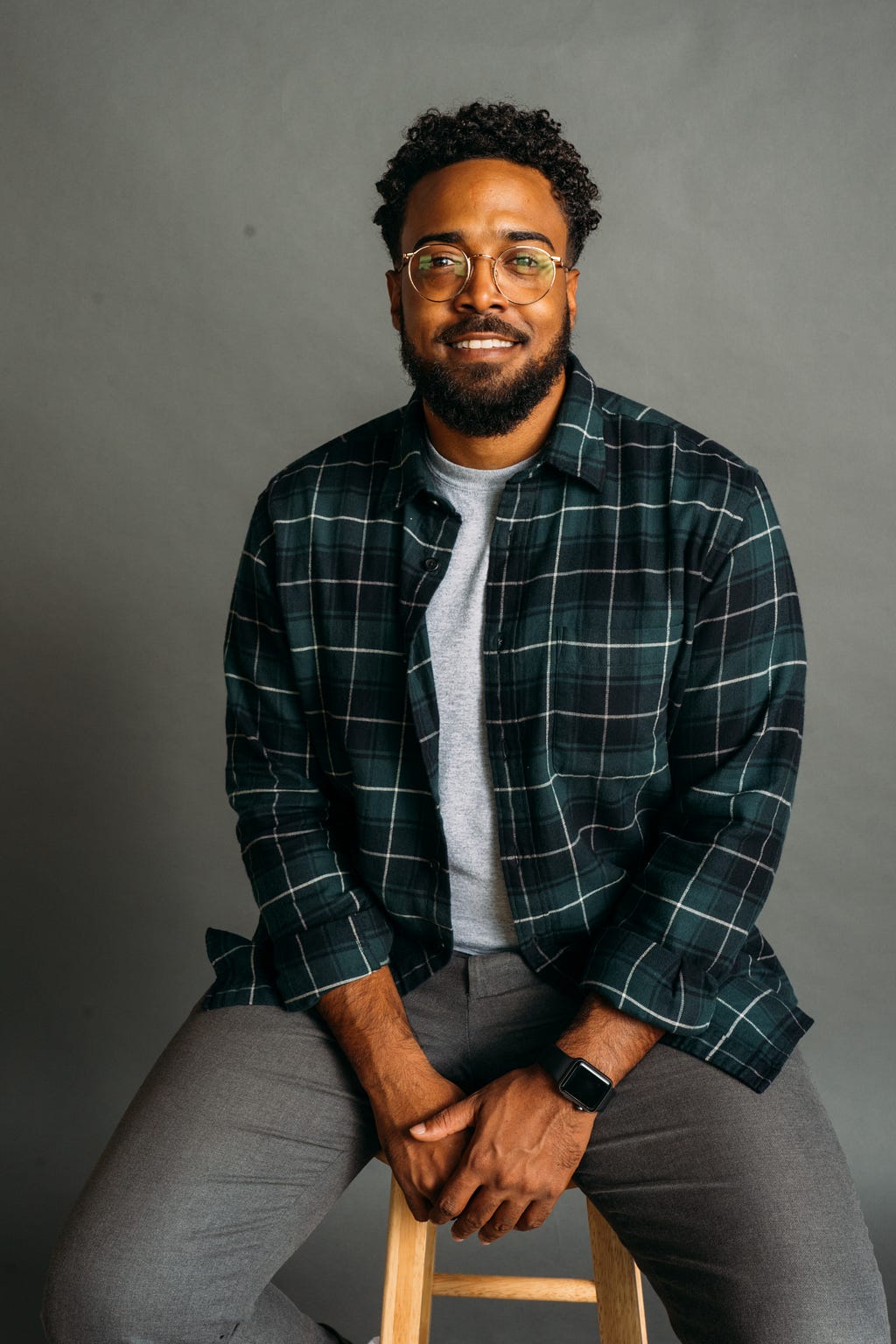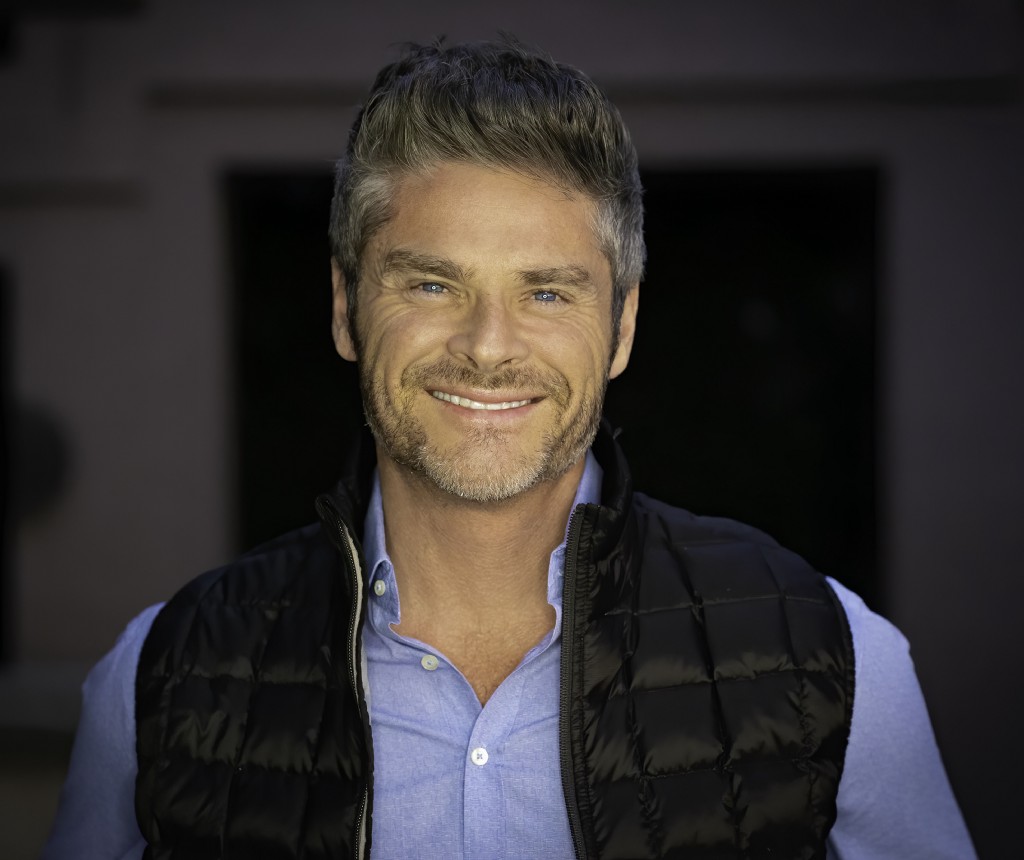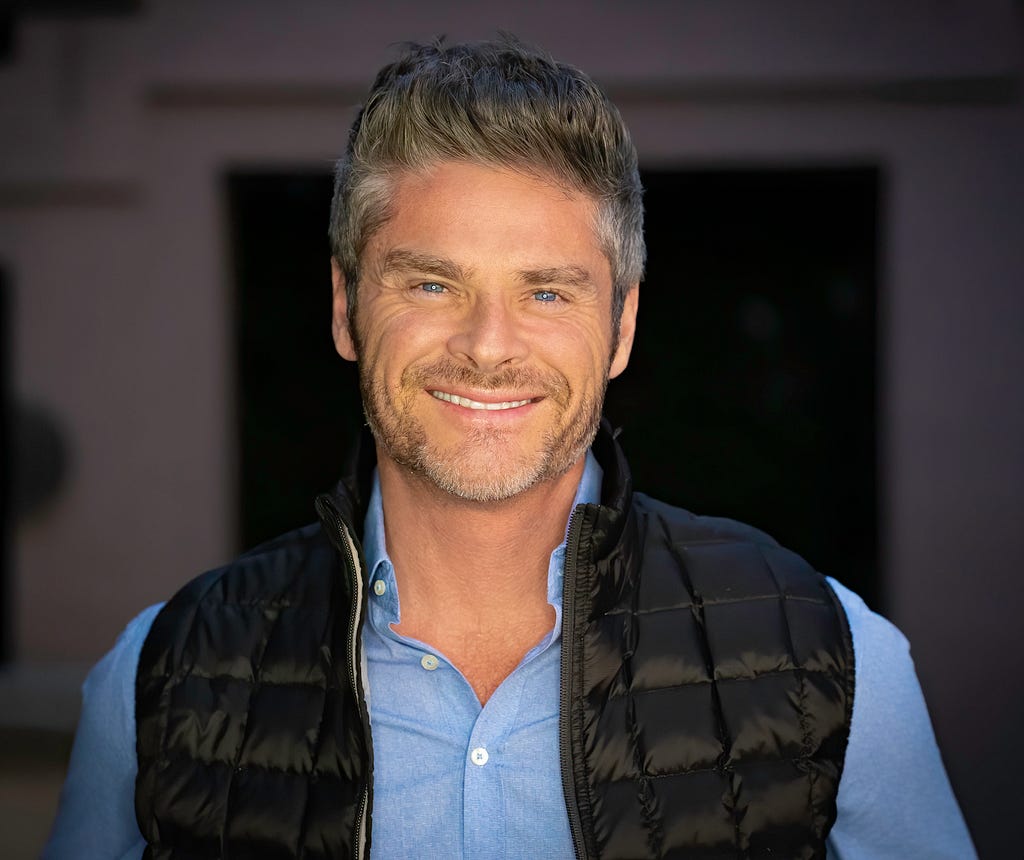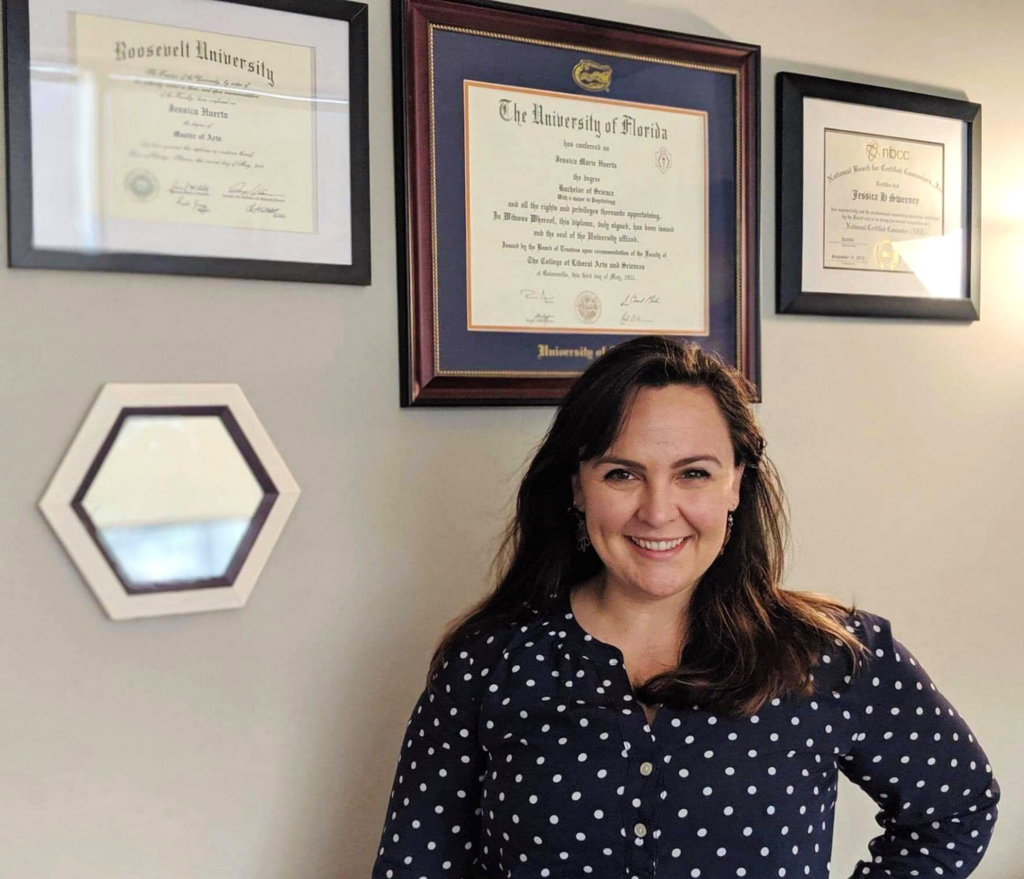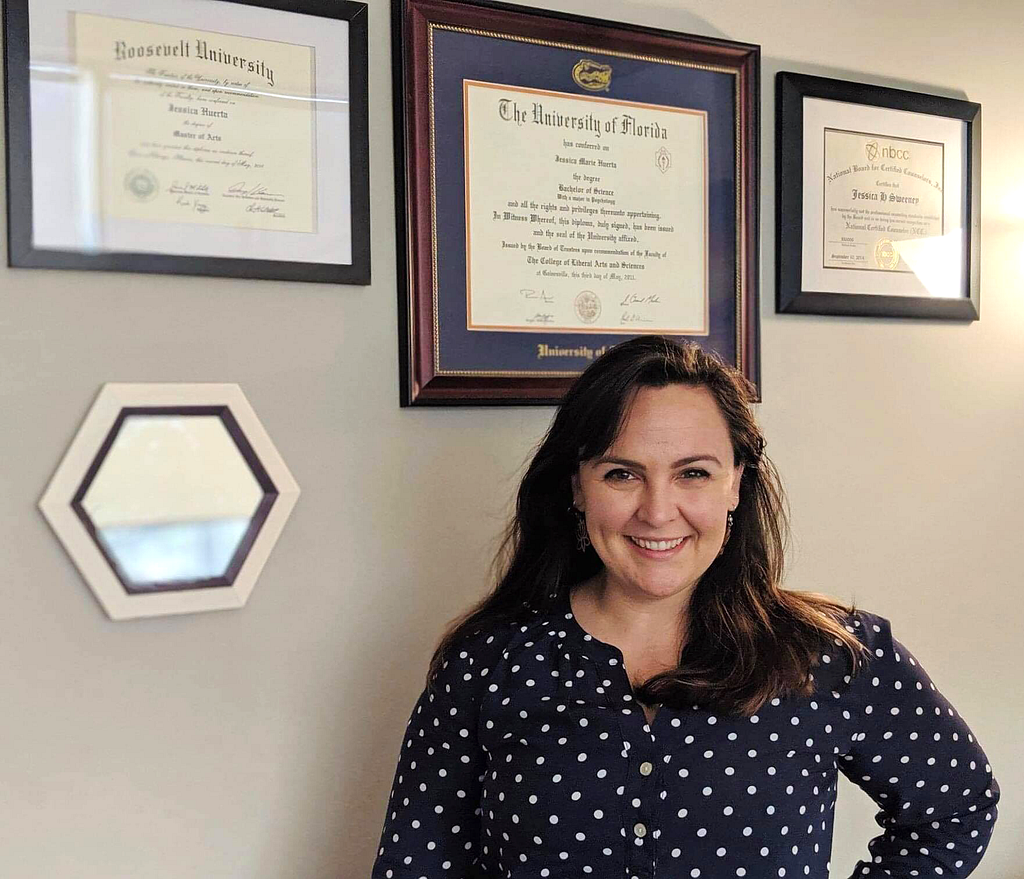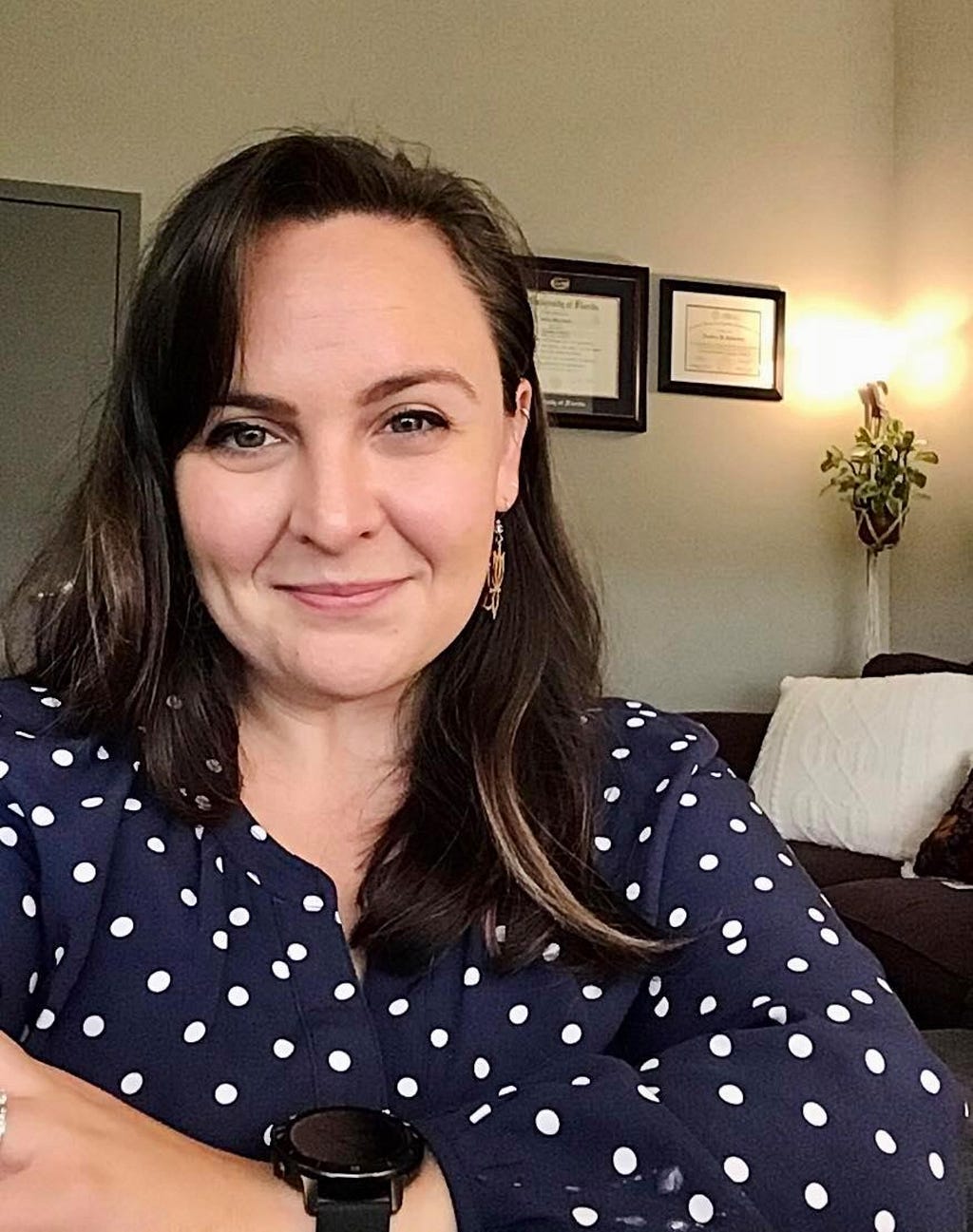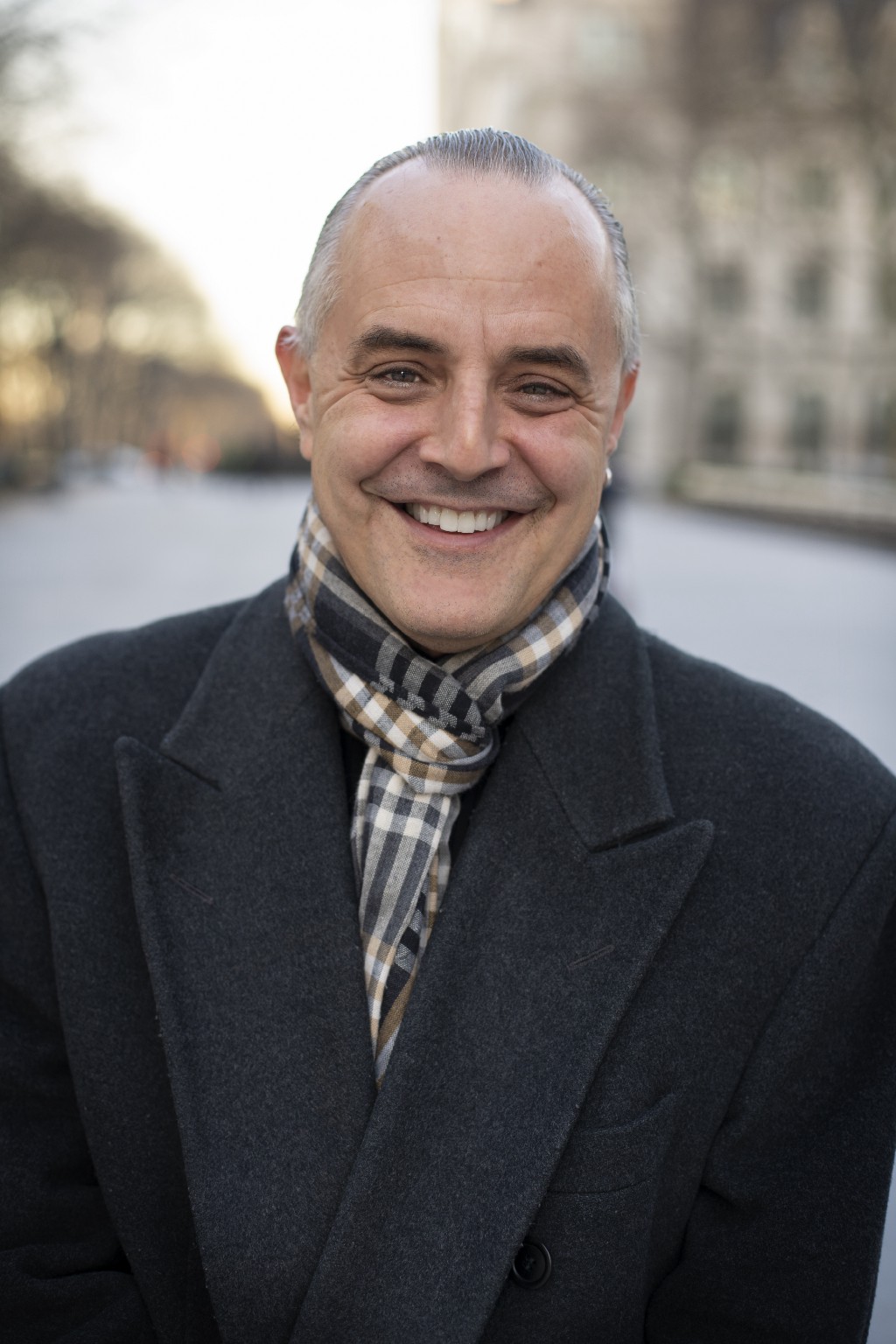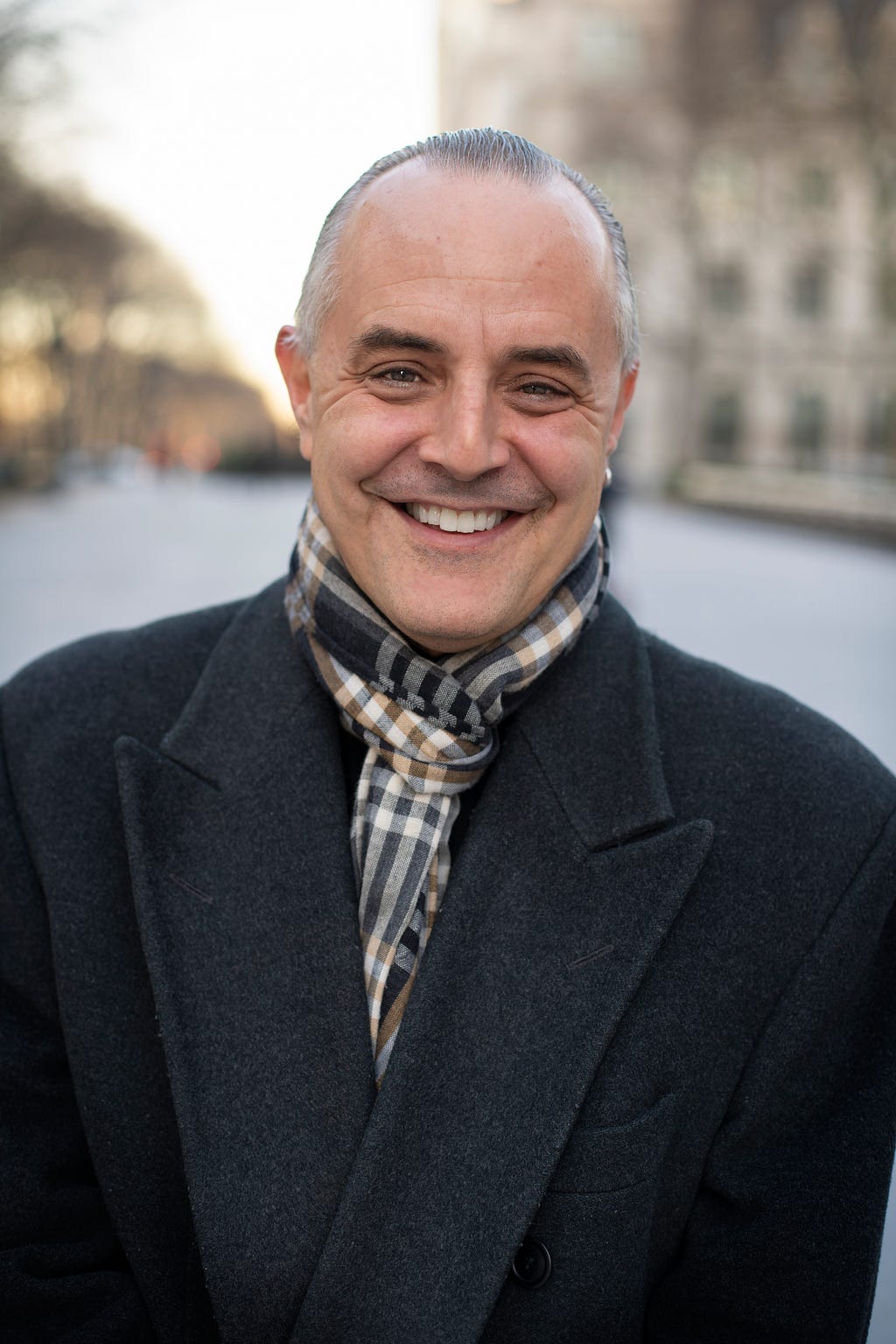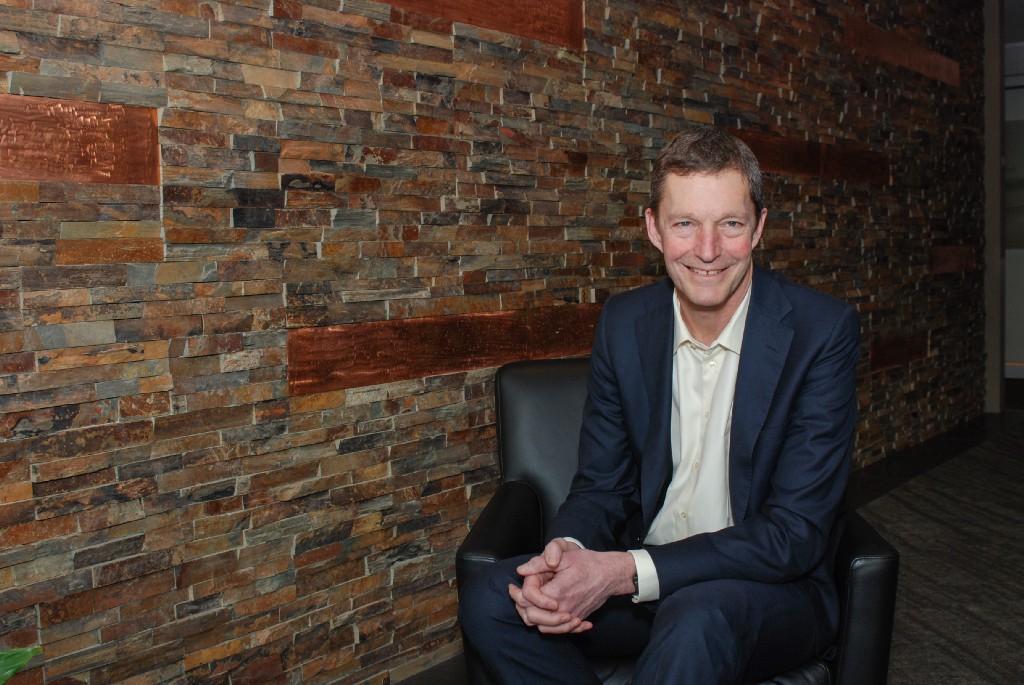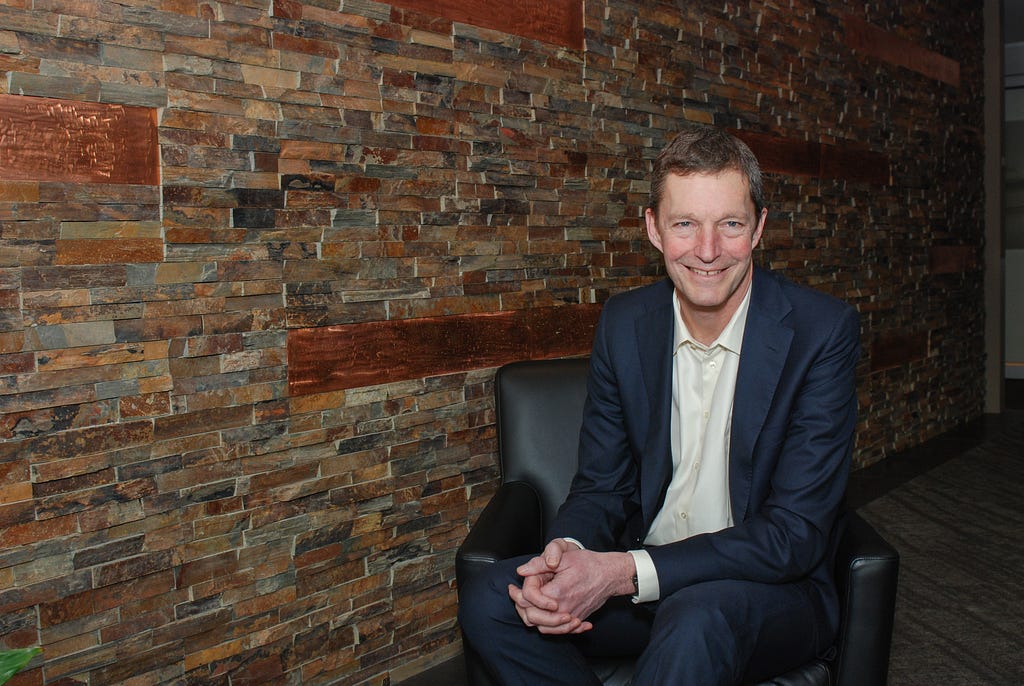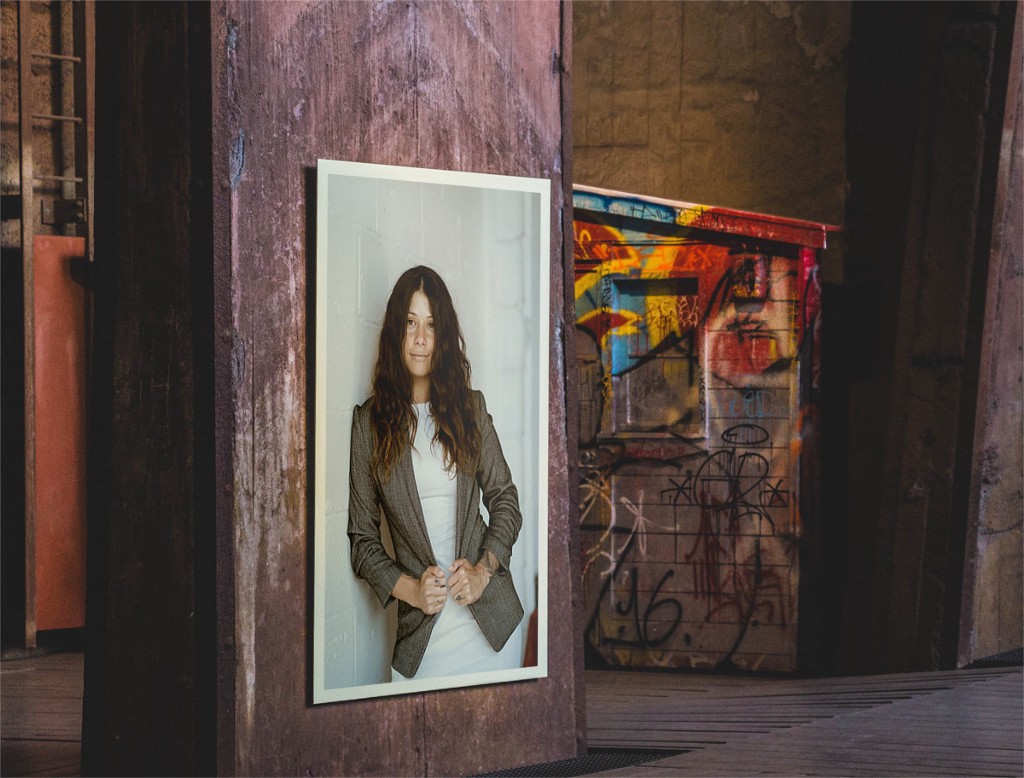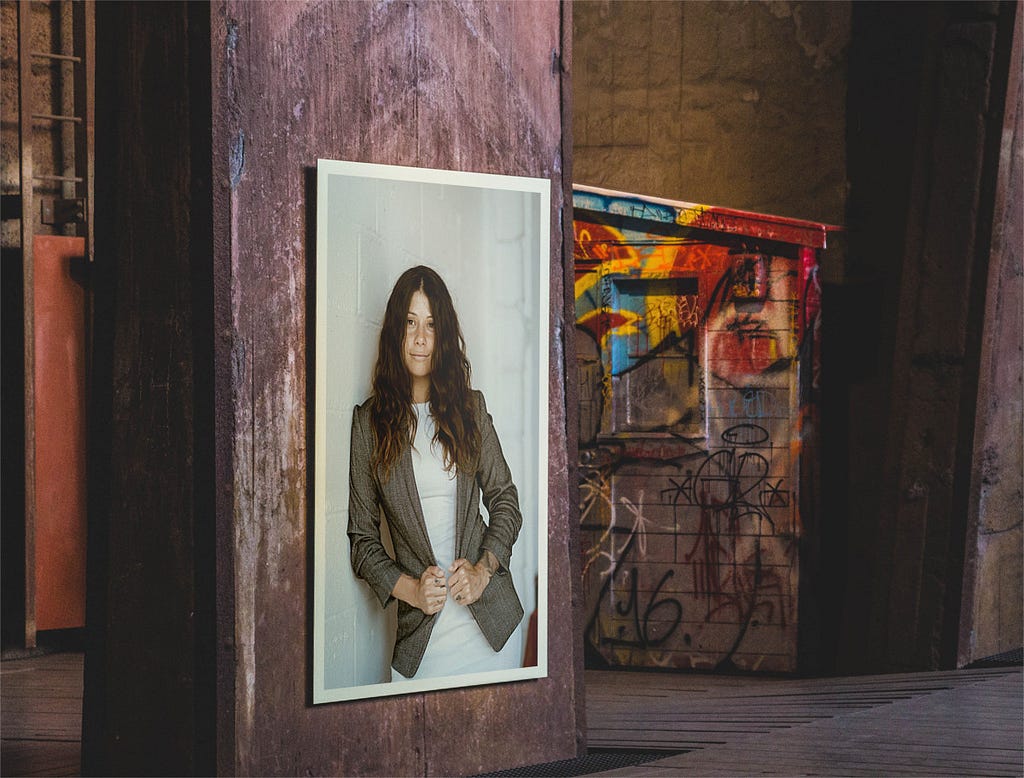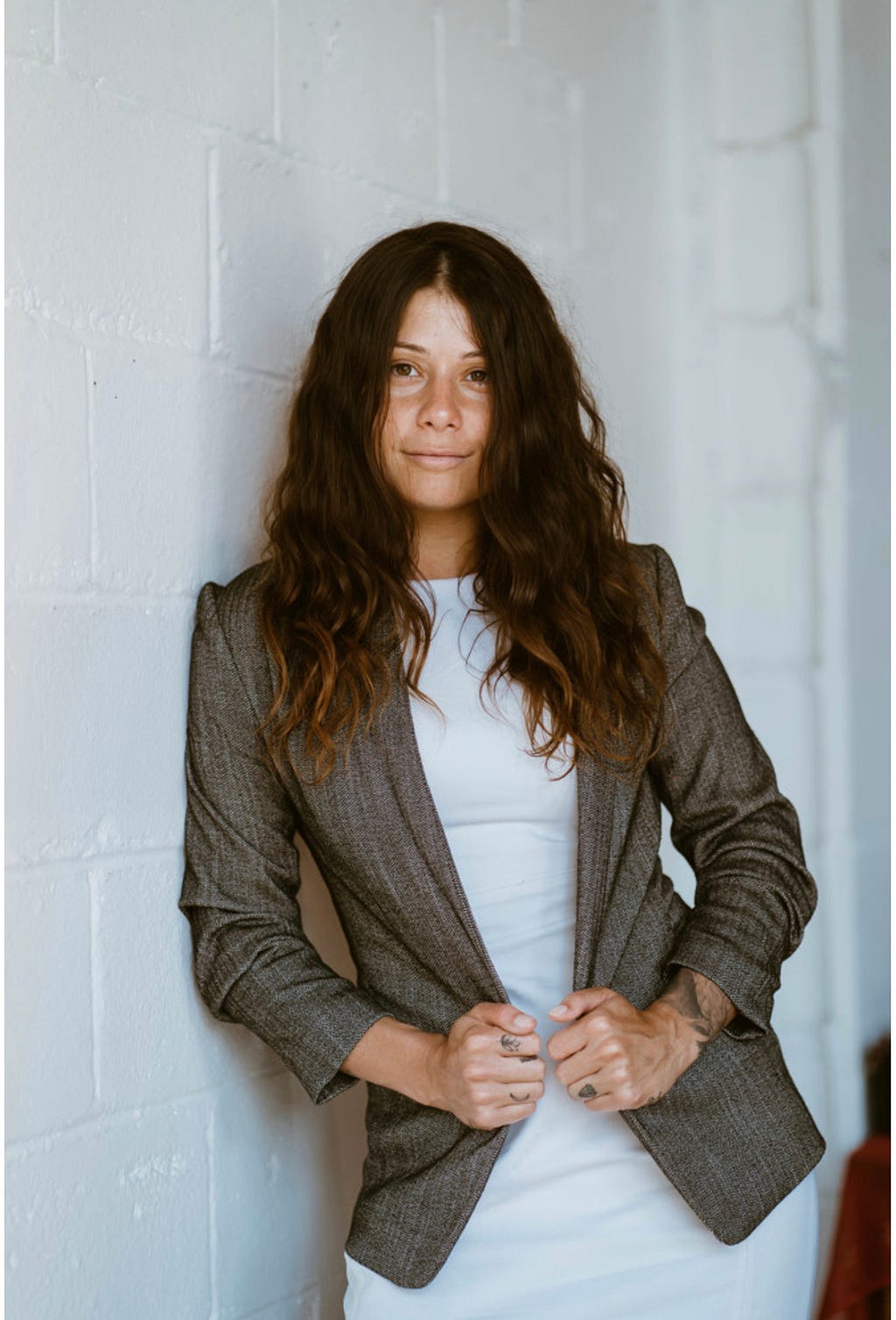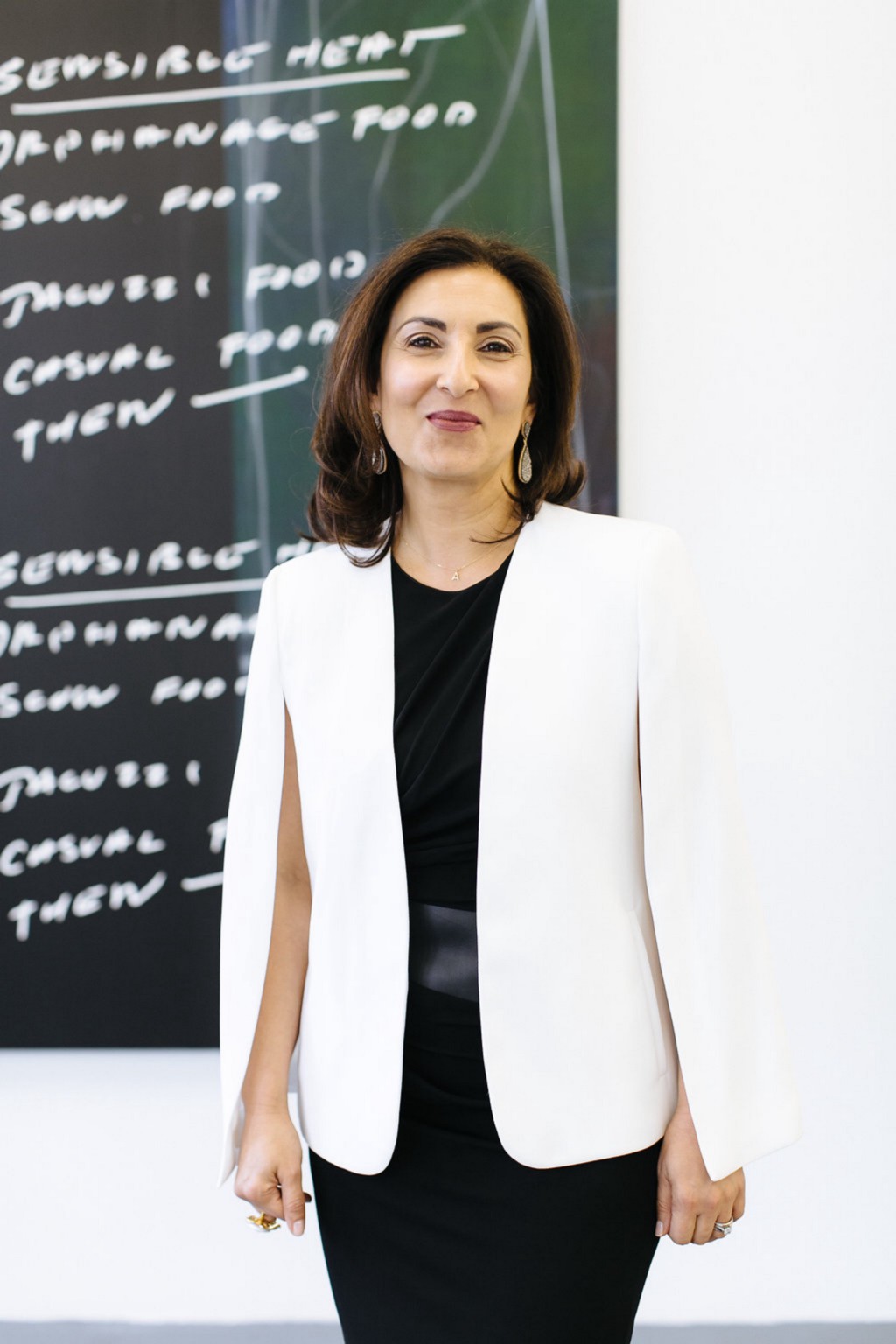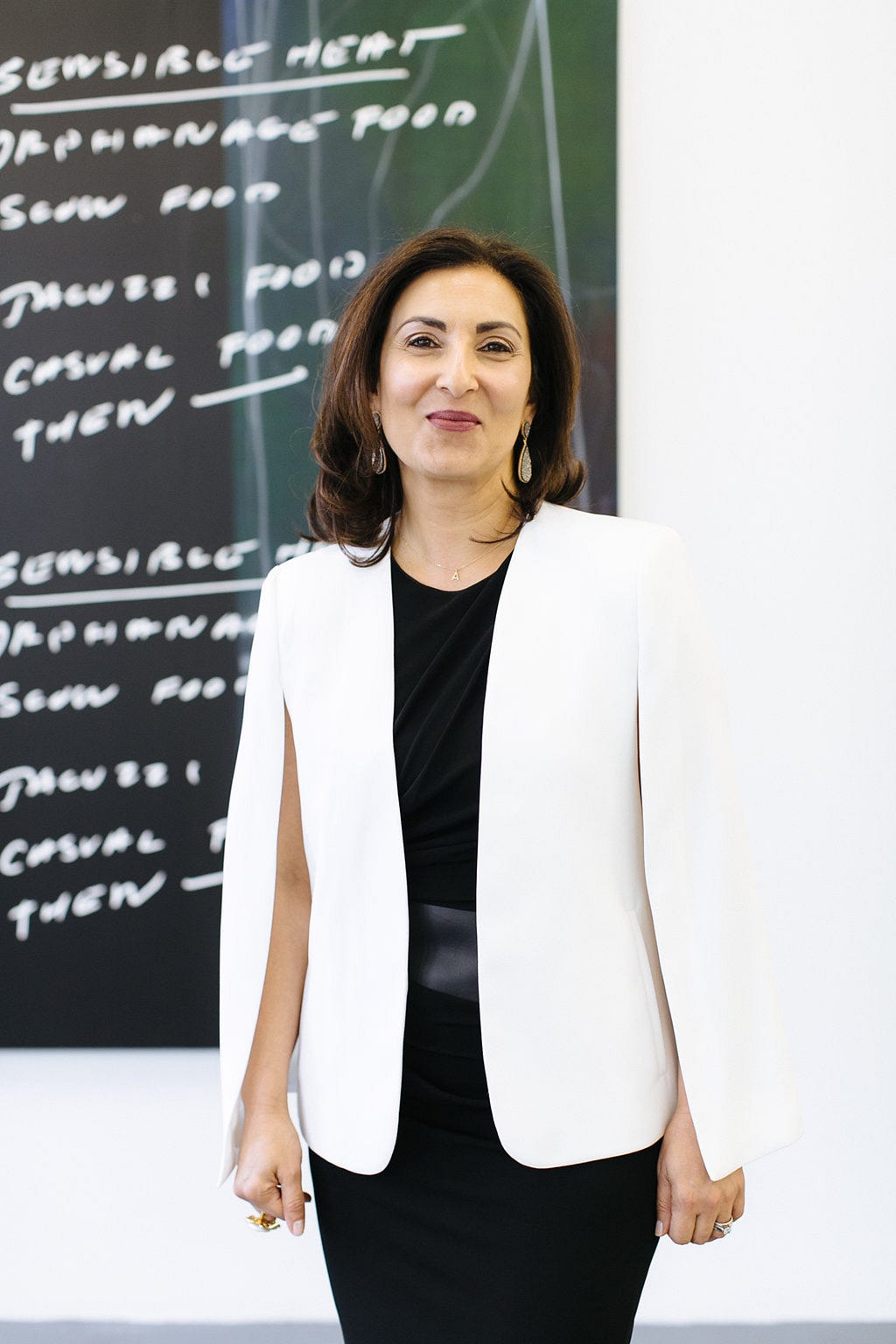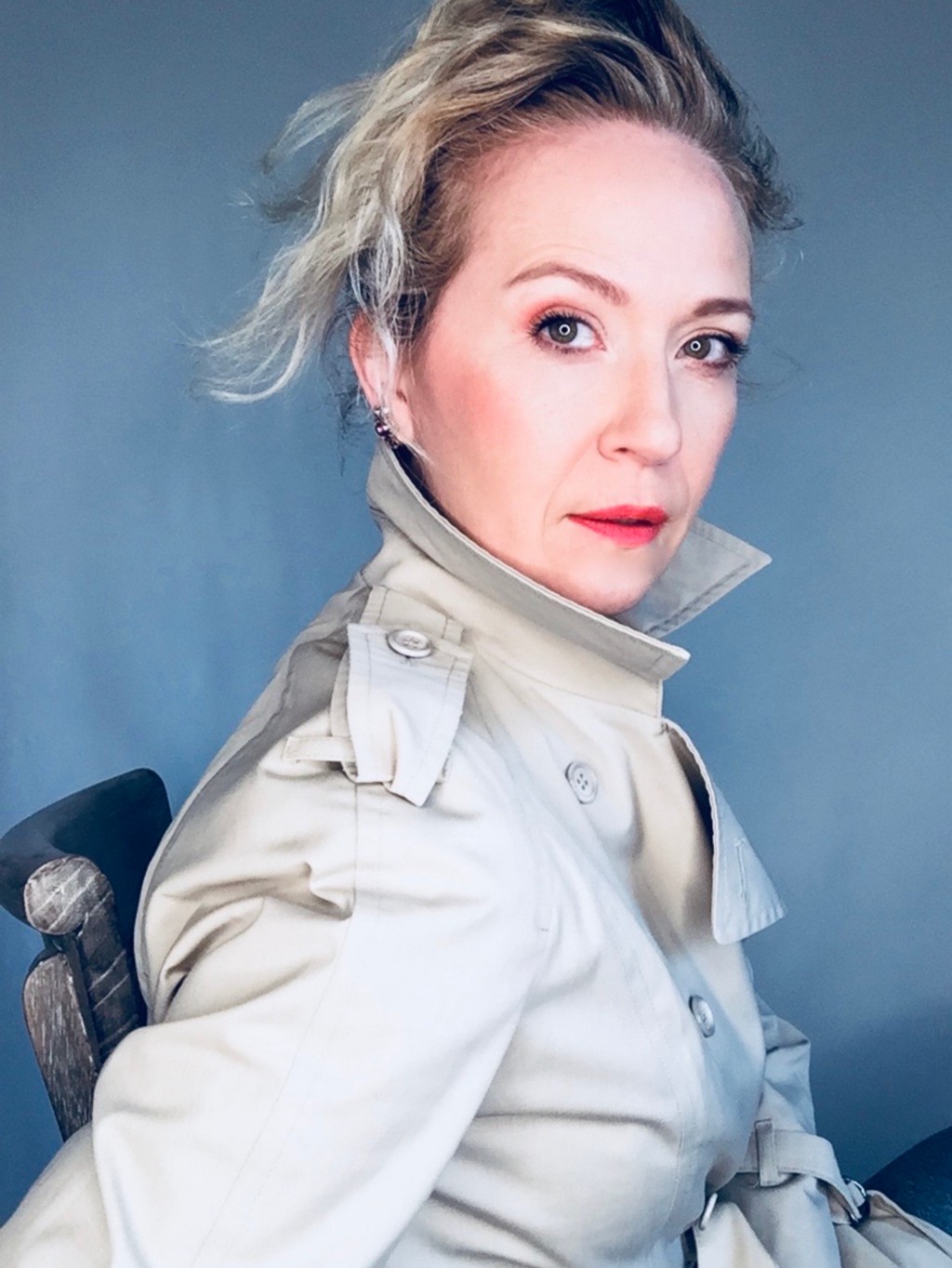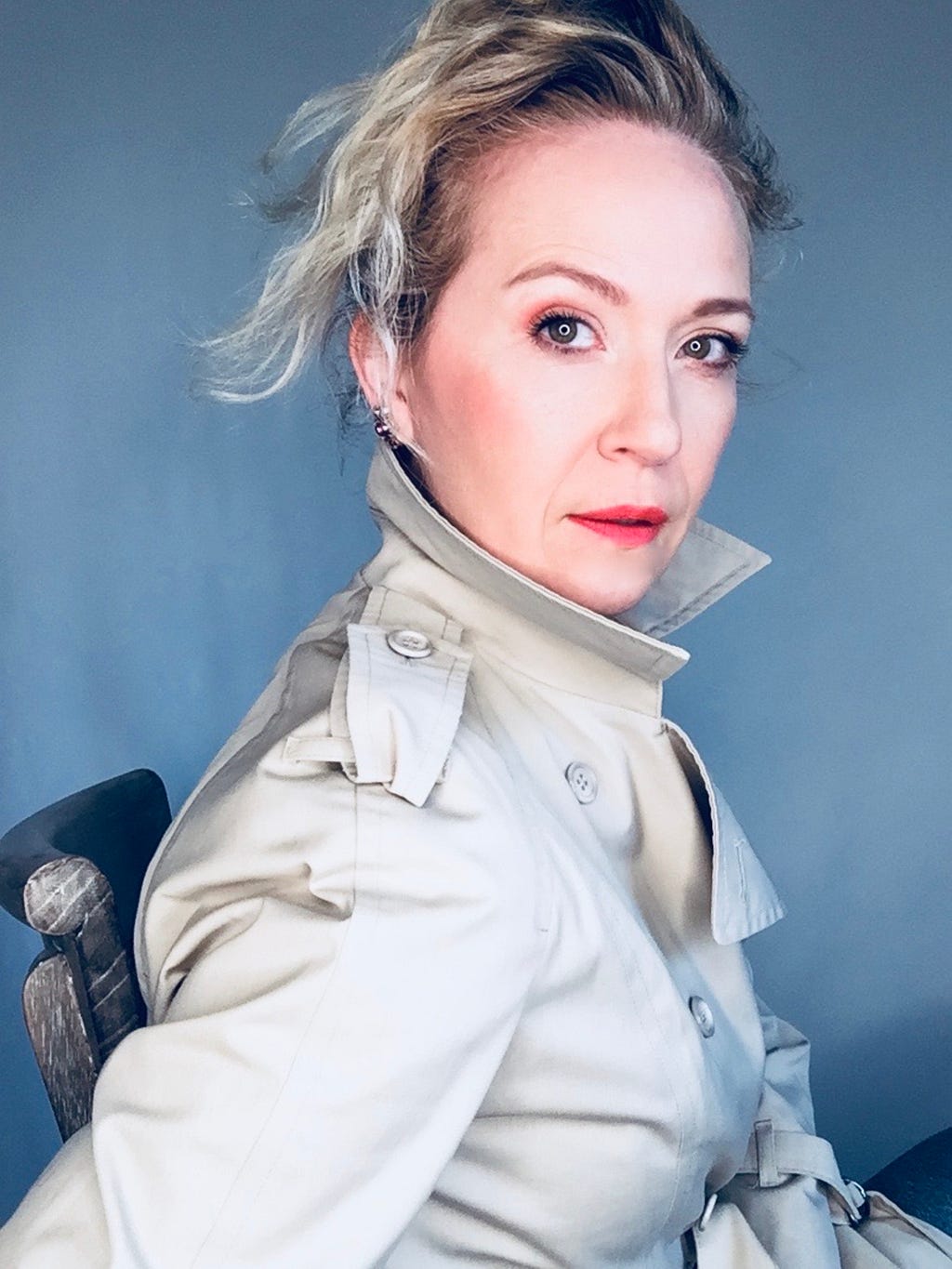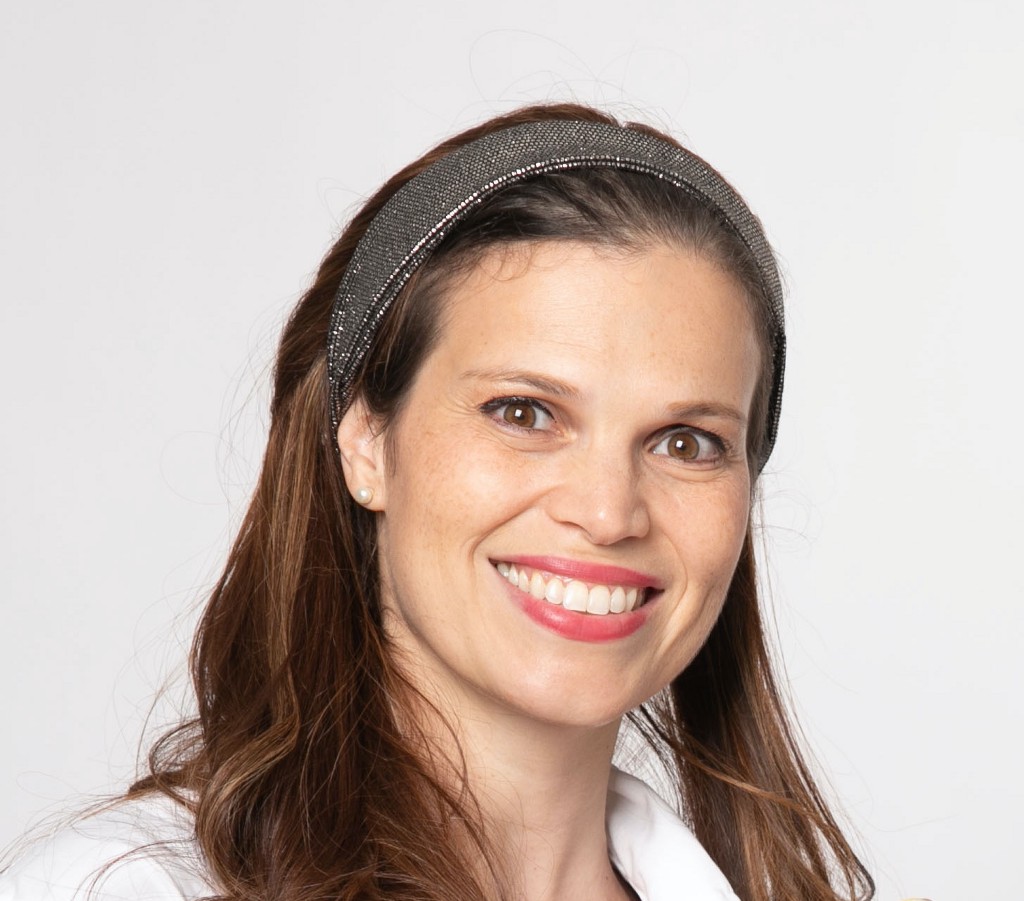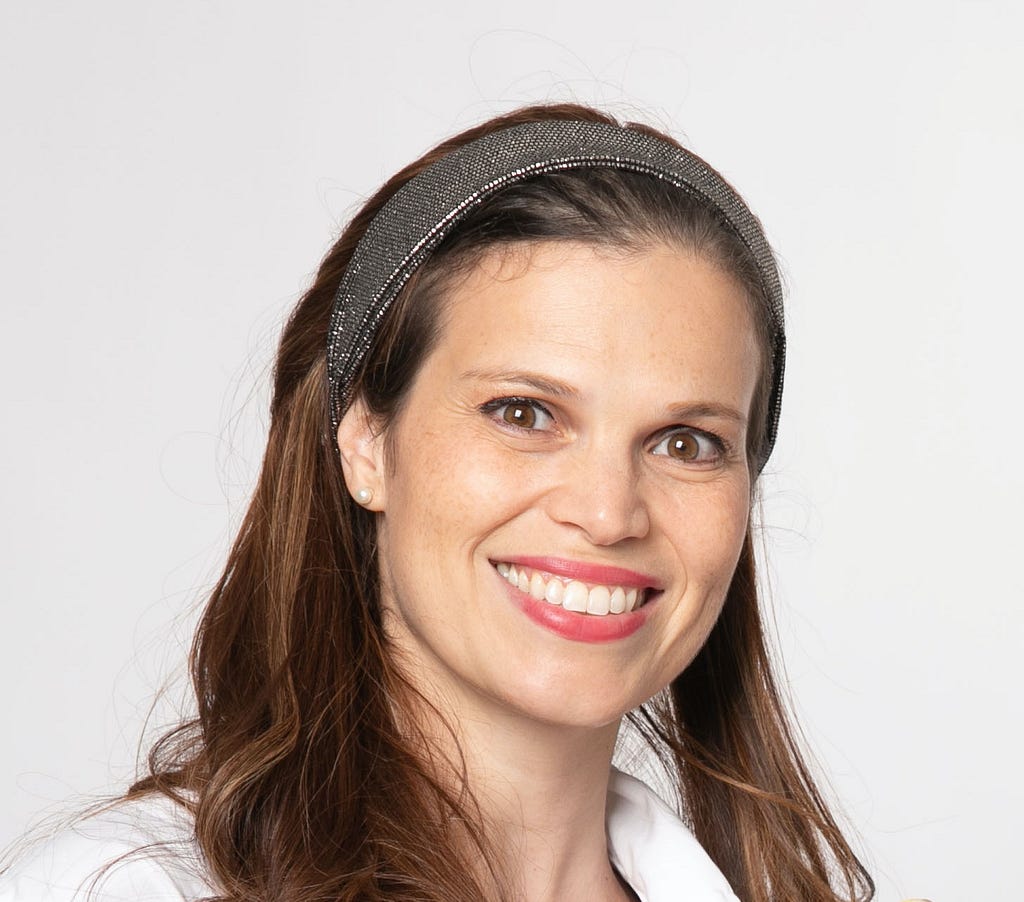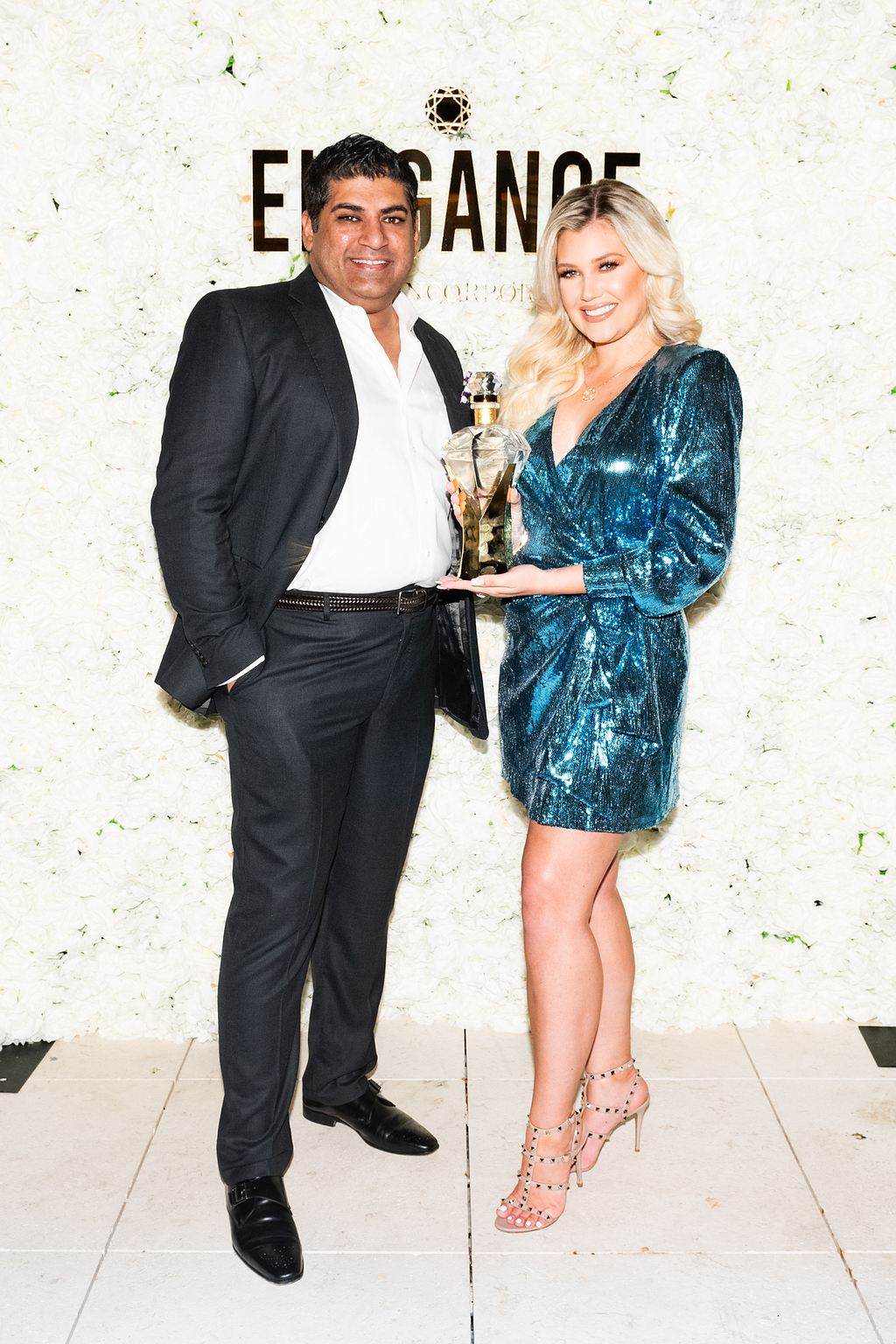
Focus on the journey, not the destination — I’ve said this a few times and that’s because I’ve learned it the hard way: success really is a journey. A lot of young entrepreneurs focus on the profits early on, instead focus on the journey and what you’re about to create.
As part of my series about the leadership lessons of accomplished business leaders, I had the pleasure of interviewing Raj Beri, founder and CEO of Elegance Brands Inc.
Raj Beri is a serial entrepreneur having founded, scaled, and exited dozens of companies in a multitude of industries before focusing on the beverage industry as a founder and CEO over the last 12 years.
Raj has launched and scaled numerous lifestyle-focused brands in the alcohol and functional beverage markets, scaling distribution globally with Coca-Cola Amatil in Australia, Southern Glazers Wine and Spirits in the USA, and several large export markets. In his 12+ year beverage career, Raj has led the scale and exit strategies for some of his brands which were acquired by Brown-Forman and Coca-Cola Amatil respectively.
Raj currently leads a sophisticated sales, marketing, and distribution team in the USA as the founder and CEO of Elegance Brands Inc, a US public beverage company with over 10,000 shareholders and operating facilities in Australia, and the United States.
In his personal life, Raj is a seasoned poker player and a Whisk(e)y collector.
Raj is married to his wife of two years, Elizabeth Cardillo-Beri.
Raj is a member of Young Presidents Organization (YPO) in the Palm Beach chapter.
Thank you so much for joining us Raj! Can you tell us a story about what brought you to this specific career path?
I’ve always been an entrepreneur. I started my first company while I was in college and since then, I’ve launched several different companies in various industries.
Around 2005, I was a property developer in Sydney, Australia where I was designing beautiful luxury homes, but I was not proactively trying to grow my business. I had always been drawn to the hospitality and beverage space, and around this time, there was an opportunity to partner with an industry expert. So, I partnered with that gentleman and we started my first beverage company. It started as a passion project — I was making a healthy profit through my property development company, so this was more of a side hustle.
Unfortunately, the Global Financial Crisis hit shortly thereafter, and my property business was decimated. The GFC impacted Australia more than the US, and in my case, it was a very substantial hit. It was at this point where I decided if I’m going to build another business, then I want it to be one that I can carve out a legacy with. So, I pivoted to the beverage business that I had just started, and it became my full-time job.
I had done my research — I looked at the Australian landscape holistically and noticed the opportunities that were available. Australia is a country where there are a lot of big players in the dominant spaces and, as a result, I saw a significant opportunity in the beverage industry. At the time, there were four major companies that controlled most of the beverage brands and there were two major retailers that controlled most of the product sold. This ultimately contributed to my decision and the rest is history.
Can you tell us a story about the hard times that you faced when you first started your journey?
In the height of the Global Financial Crisis, plans for growth in my first beverage company were hard to come by. There was almost no speculative spending and as a result, there was literally no capital available to scale in a beverage opportunity. That was a very tough time.
Where did you get the drive to continue even though things were so hard?
I’m a very philosophical person and I believe that, in the fate of a challenge, there are two options — as humans we either fight or flight. So, you can either run away from your problem and hope it doesn’t follow you or you can fight it. In my case, my philosophy is inspired by the desire to succeed, and my desire to create and scale to every possible solution.
What I would tell young entrepreneurs is that if you have that fire inside and the burning desire to succeed, then you’ll find a solution for any problem that you encounter. Also, capital should not be a problem — if you have great ideas and a strong vision, there are opportunities to get capital to scale and grow your enterprise.
So, how are things going today? How did grit and resilience lead to your eventual success?
Success is a journey not a destination, but some may think I’m very successful today and I say that I’m just getting started.
However, there are 10,600 shareholders in my parent beverage company, Elegance Brands. Those 10,600 individuals are backing and believing our vision, and that says a lot.
I’ve also sold two brands in my beverage career — one was sold to Brown-Forman in Australia and the other brand I sold to Coca-Cola Amatil — which adds to the notion of success.
Can you share a story about the funniest mistake you made when you were first starting? Can you tell us what lesson you learned from that?
I used to be a semi-professional poker player and during a trip to Las Vegas I saw people drinking frozen cocktails, which gave me an idea. I was living in Australia at the time, which is culturally similar to the US, with tons of young people looking for the next trend. I noticed that no one was doing frozen alcoholic drinks in Australia, so I created a brand called Cocktail House and it quickly became a success. Soon enough, Cocktail House was in all the large volume bars and nightclubs across Australia.
To dispense high volumes of frozen beverages you obviously need the equipment to do so, and the funny story is that I did a deal with a US frozen beverage equipment manufacturer — a very prominent company — and unfortunately we purchased a bunch of this equipment in a US power voltage instead of the Australian equivalent. Apparently, we were good at creating beverages but not good at managing the equipment!
It was an easy fix moving forward but I learned that sometimes entrepreneurs can be so eager that you forget to do your homework.
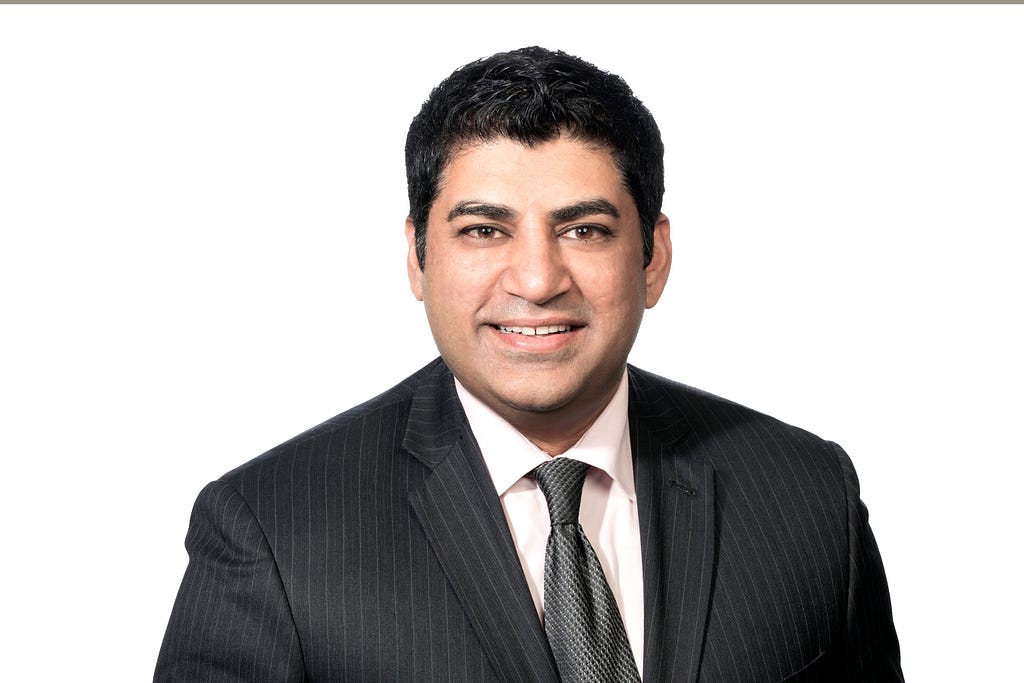
What do you think makes your company stand out? Can you share a story?
Elegance Brands stands out through innovation, speed-to-market nimbleness, analysis of consumer trends and beverages, and creation of brands and new products that appeal to a core demographic and consumer.
For innovation specifically, there are four innovation aspects for beverages — flavor, brand, packaging and marketing innovation. So, Elegance Brands focuses on all four of those to ensure that what we’re launching appeals to the core consumer that we’re targeting. Every 10 or so years there’s a new generation that emerges and they’ll become new consumers in their own right, and what larger companies forget to do is create a product or brand that resonates with this new movement and new consumer. Elegance Brands right from the start is doing just that.
Which tips would you recommend to your colleagues in your industry to help them to thrive and not “burn out”?
You have to follow your passion, focus on your strengths and let the experts around you focus on whatever your weaknesses may be. Personally, I am not a great financial person, but I have a team of financial analysts and our CFO around me that are exceptional in that regard.
None of us are able to achieve success without some help along the way. Is there a particular person who you are grateful towards who helped get you to where you are? Can you share a story?
There’s been a lot of people that have helped me in my journey but the most influential for me has been my father. He’s been a mentor to me and has always had a very positive attitude. He never gets phased by negativity or tough situations around him.
How have you used your success to bring goodness to the world?
Again, success is a journey so goodness can be brought by something as simple as helping the people around you.
Elegance Brands employs about 25 people in the US and Australia, most of whom are shareholders in the company. I’m not just building this business for myself but for my team. They all have an opportunity to grant shares based on their performance and many become equity stakeholders in the business. This is something that’s rare in an organization today and, it not only allows us to empower current employees and grow towards hundreds more, but it’s also giving back to our immediate community and to the people that we work with.
What are your “5 things I wish someone told me before I started leading my company” and why. Please share a story or example for each.
1. Focus on the journey, not the destination — I’ve said this a few times and that’s because I’ve learned it the hard way: success really is a journey. A lot of young entrepreneurs focus on the profits early on, instead focus on the journey and what you’re about to create.
2. Focus on your strengths — a lot of people do too much too fast. I know what my strengths are but everyone is different, some are strong financially others are strong creatively and others are strong in sales.
3. Creativity is key — have a creative mindset around new innovations and think creatively about your business in general. With Elegance Brands, we’ve raised capital in creative, new formats that most people don’t know about. This has allowed us to be the first beverage company managing a new format of capital aid.
4. Don’t get involved in distractions — unfortunately, early on in my career I was involved in heavy litigation and that can stunt one’s growth and be a big distraction. Instead, focus on the core tasks at hand and avoid getting involved in other distractions.
5. Hire the best people and make sure they’re people you can learn from, not people that learn from you — this is the most important one in my opinion. I hire most people in my organization based on what I can learn from them and that has allowed me to be a better leader. You have to hire people that have an undeniable passion and drive to learn and to teach.
You are a person of great influence. If you could start a movement that would bring the most amount of good to the most amount of people, what would that be? You never know what your idea can trigger. 🙂
I am about to embark on a movement that would provide clean water to everyone in my birthplace of India. India is a country where fundamental basics — that we take for granted in the US or Australia — are not easily accessible for citizens. It is an age-old issue that I want to be a part of fixing.
How can our readers follow you on social media?
Connect with me on LinkedIn!
This was very inspiring. Thank you so much for joining us!
Raj Beri of Elegance Brands: 5 Things I Wish Someone Told Me Before I Became A CEO was originally published in Authority Magazine on Medium, where people are continuing the conversation by highlighting and responding to this story.


